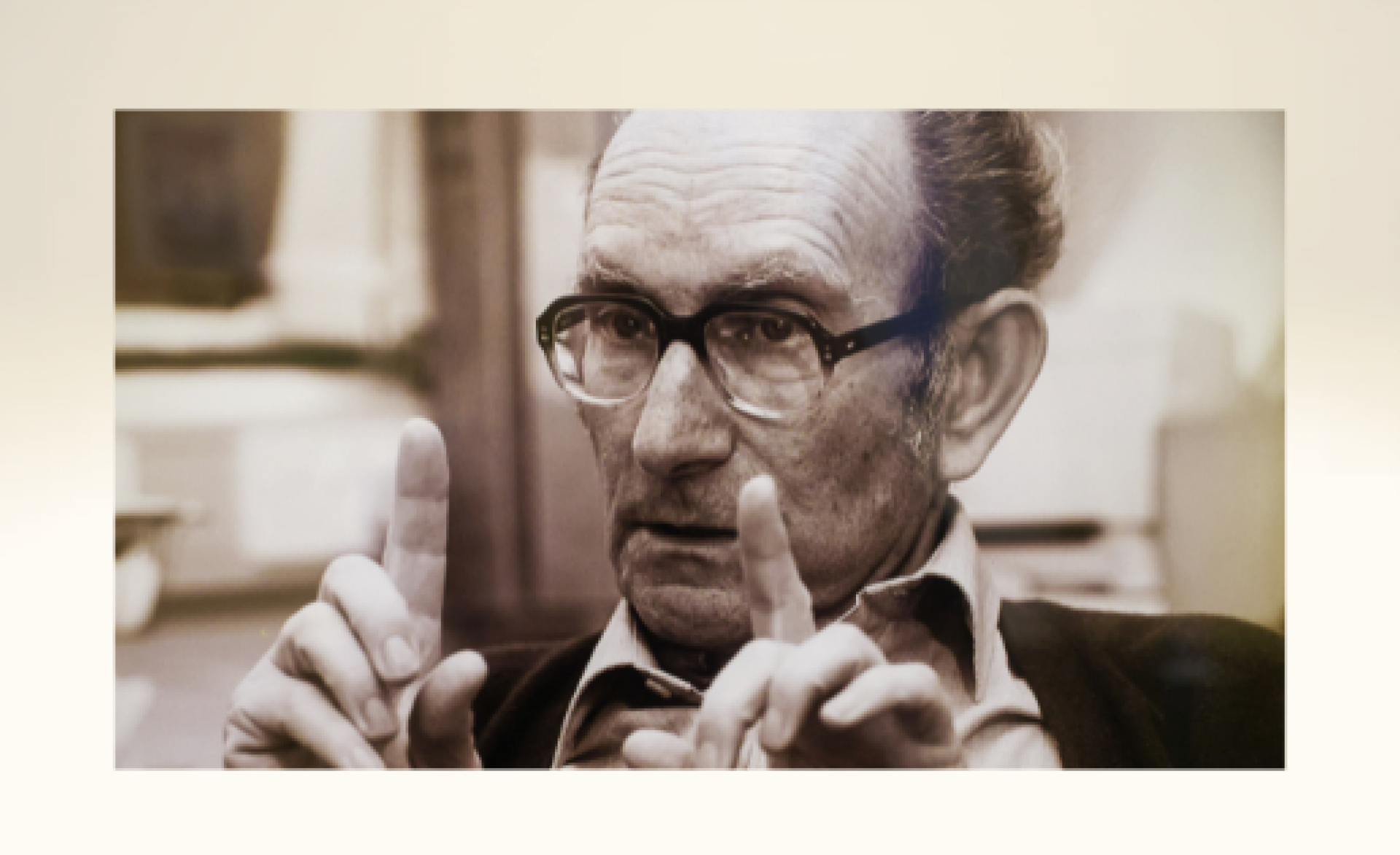On 15 October 1984, the Argentinian scientist César Milstein was awarded the Nobel Prize in Medicine and/or Physiology, shared with the German George J. Köhler and the Danish Niels K. Jerne. Jerne. This recognition came for his outstanding research in the development of monoclonal antibodies, an innovation that marked a turning point in the history of medicine and biotechnology.
Milstein began his career in Argentina, but in 1963 he moved to the United Kingdom, where he began working in the Laboratory of Molecular Biology at the University of Cambridge. There, he devoted himself to the study of immunoglobulins, key proteins in the immune system, together with his colleague George Köhler. The research that would revolutionise science was published in 1975 in the journal Science, where they unveiled the development of monoclonal antibodies, molecules that today are essential for the diagnosis and treatment of a wide variety of diseases.
In 1983, Milstein was appointed head of the Division of Chemistry, Proteins and Nucleic Acids at Cambridge. From that position, he continued to work on projects that would extend the impact of monoclonal antibodies beyond immunology into fields as diverse as oncology, biotechnology and industry. This breakthrough led to the development of innovative drugs that improved survival rates in cancer patients, therapies for autoimmune diseases such as rheumatoid arthritis and psoriasis, and treatments that prevent the rejection of transplanted organs.
César Milstein's legacy continues to benefit millions of people around the world, cementing him as one of the most important scientists in the history of medicine.
With the 1984 Nobel Prize, Milstein joined the select group of Argentines awarded by the Swedish Academy, which also includes figures such as Bernardo Houssay (1947) and Luis Federico Leloir (1970). The impact of his findings transcends borders, demonstrating that science not only transforms lives, but can also bring the name of Argentina to the highest level of international recognition.

